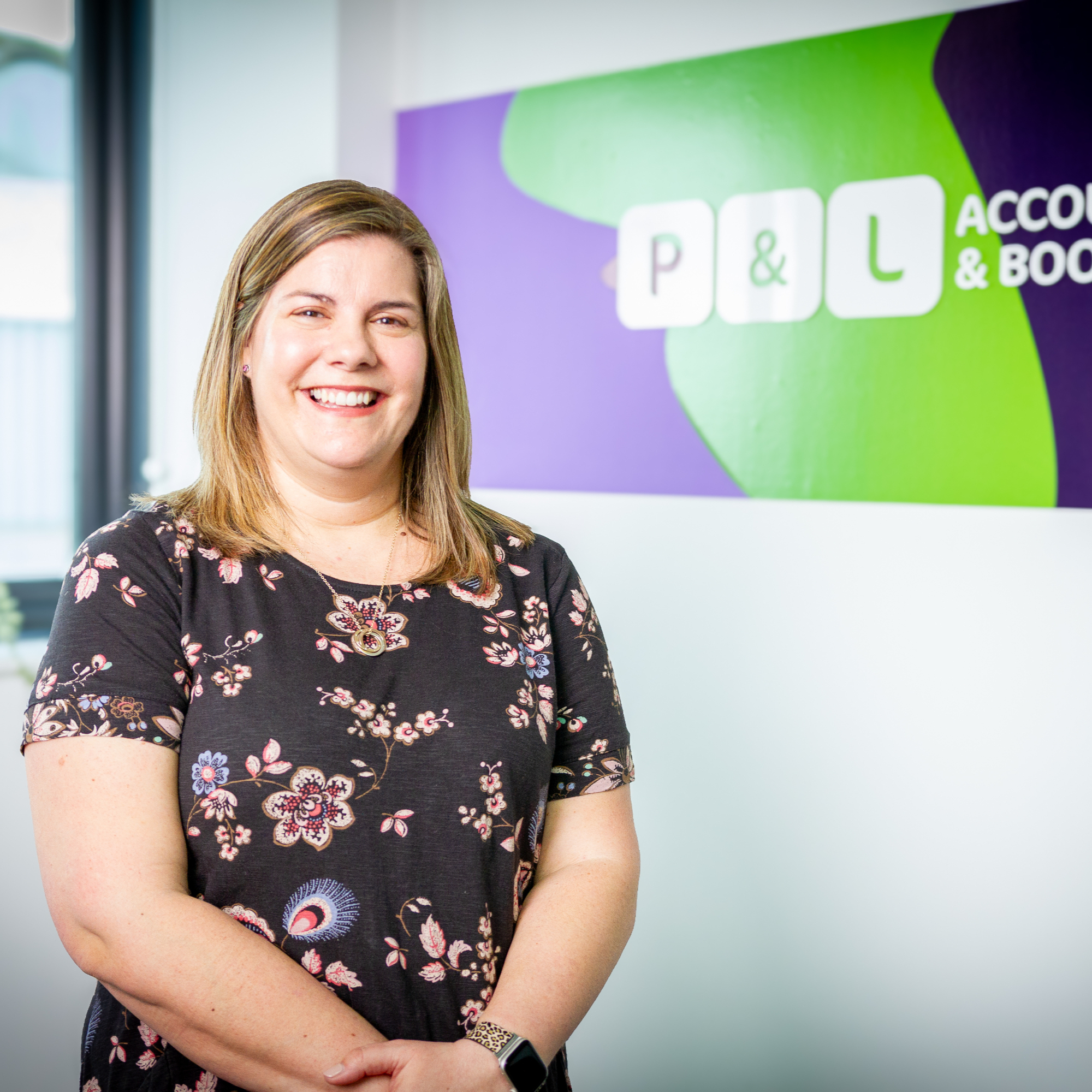Making Tax Digital for Individuals: What to Expect from April 2026
- Shelley

- Sep 30, 2025
- 3 min read

One of the most significant transformations in tax is Making Tax Digital (MTD) to individual taxpayers, set to begin in April 2026.
While change can bring uncertainty, this evolution in tax reporting also presents an opportunity to work more efficiently and transparently with technology that supports the trusted principles as accountants we’ve always upheld.
What Is Making Tax Digital (MTD)?
Making Tax Digital is HMRC’s initiative to modernise the UK tax system. The goal is simple: to make tax administration more effective, more efficient, and easier for taxpayers to get their tax right. MTD has already been rolled out for VAT-registered businesses and will now extend to individuals with income from self-employment and property, starting in April 2026.
Who Will Be Affected from April 2026?
From April 2026, MTD for Income Tax Self Assessment (IT) will apply to individuals who:
Are self-employed or have property income, and
Earn more than £50,000 per year from these sources in combined gross income.
Then, from April 2027, the threshold will extend to those earning over £30,000 and April 2028 to those earning over £20,000.- It’s wise to begin preparing now, as the date will arrive sooner than expected.
What Will Change?
Here’s a brief overview of the key changes:
Digital Record-Keeping
Affected individuals will need to keep digital records using MTD-compatible software. Paper records and spreadsheets will no longer be sufficient for compliance. Although spreadsheets with additional add on software can also be an option.
Quarterly Updates
Instead of filing one Self Assessment tax return annually, taxpayers will submit quarterly updates to HMRC summarising income and expenses. This will give a more real-time view of tax liabilities. However, payments of tax liabilities will not change from the current January/July payment deadlines.
End-of-Period Statement (EOPS) and Final Declaration
At the end of the tax year, an EOPS and a final declaration will be required to confirm the final income and any tax adjustments, replacing the traditional Self Assessment return.
What Does This Mean for Clients?
Many individuals will need to embrace new systems and rethink their approach to record-keeping. But this doesn’t mean sacrificing the reliability and routine they’re used to. With the right support, digital accounting can streamline processes and improve financial awareness throughout the year.
How Can P&L Help?
This is where we, as accountants, step in - as both guides and guardians. Our role is not only to ensure clients comply with the new rules, but to walk with them through the transition, offering the reassurance that comes from years of experience combined with modern tools.
We’ll help by:
Recommending and setting up HMRC-approved software.
Training clients to use digital systems with confidence.
If you’d rather not handle the software side of things, rest assured - we can take care of everything for you in-house
Monitoring quarterly submissions and keeping things on track.
Providing insights based on real-time data, not just once a year.
Looking Ahead with Confidence
While MTD for individuals represents a significant shift, it also allows us to modernise without losing the human touch. By preparing early and embracing the change with a steady hand, we can ensure that clients feel supported, informed, and ready.
If you’re unsure how MTD will affect you or if you’d simply like to get a head start - we’re here to help. Let's take this next step in tax together, upholding the values that have always served us well.
This blog provides general information about Making Tax Digital (MTD) and is intended for educational purposes only. Everyone’s financial and tax circumstances are different, and the content here may not be suitable for your specific situation. For personalised advice, you should consult a qualified tax professional or accountant.

Comments